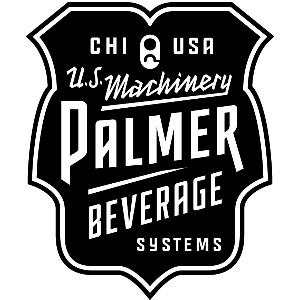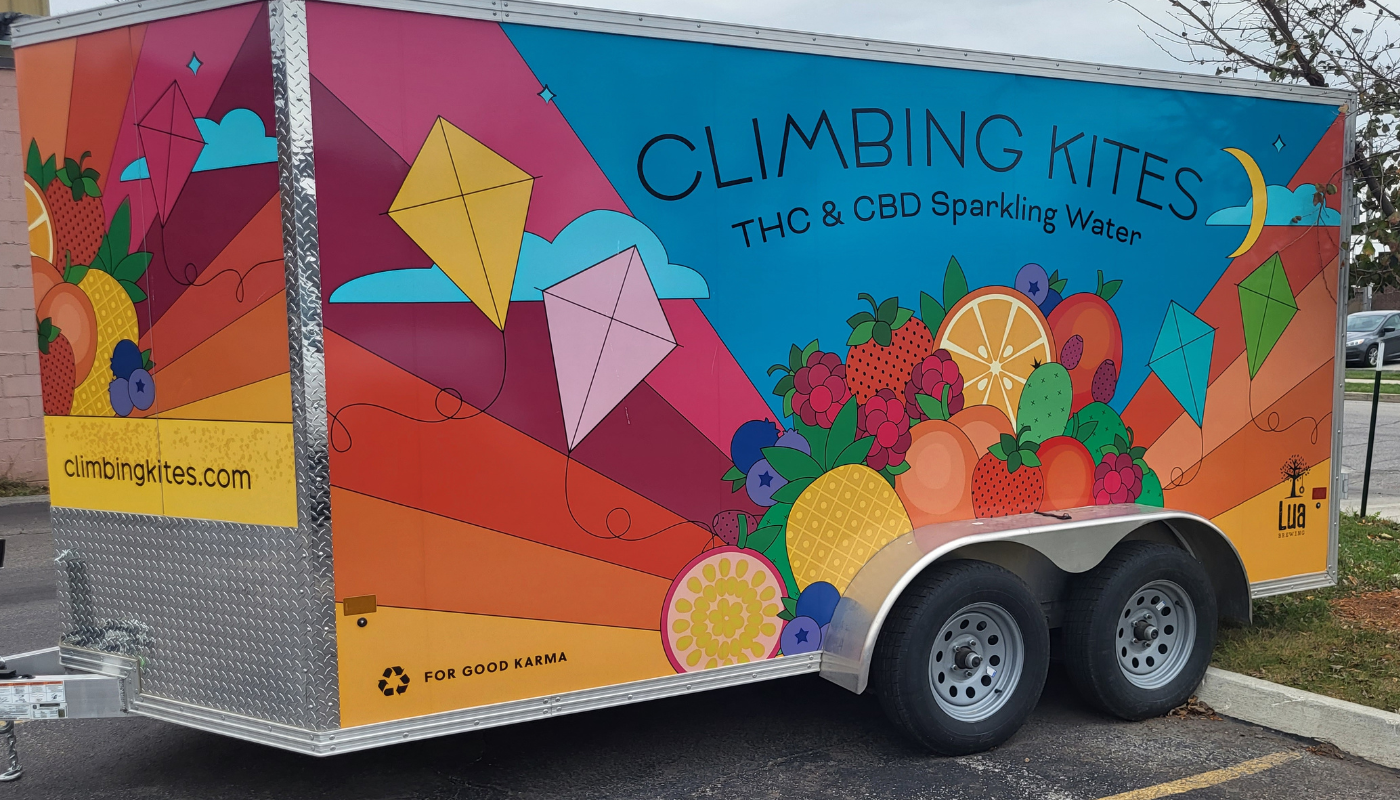There was a period of time, and it wasn’t too long ago, when craft brewers were urging other brewers to stay in the beer lane. Focus on the beer, don’t think about flavored malt beverages, or other liquids, some industry leaders said. Be beer manufactures, stick to the mission, they urged.

Innovation featured expert topic supported by Palmer Beverage Systems
Palmer Beverage Systems provides complete can packaging Solutions for 30-300 CPM true counter pressure options with in-line or rotary filler/seamers, labeling, warming, & pasteurization tunnels.
Of course, the marketplace had other plans and now some of the best-known craft brewers are all in on hard seltzers, or kombucha. There are breweries with distilleries and wineries, and even coffee roasters. As the scope of the beer industry has grown, so has the desire of brewers to get involved in new avenues and to find innovation in those spaces, just as the early craft brewers did with beer.
We’re on the forefront of a new era of innovation in the beverage space, one that directly relates to beer: the rise of THC and CBD beverages. Right now, various state and Federal laws complicate both the production and sales of some of these beverages due to the cannabinoid, but there are some lenient spaces and some loopholes that brewers have taken advantage of.
Earlier this month in Iowa, All About Beer editor and ProBrewer contributor John Holl sat down with Scott Selix from Lua brewing to talk about the brewery’s foray into a hemp-derived CBD and THC beverage they recently launched.
The Des Moines based Lua partnered with Big Grove Brewery to release Climbing Kites, the state’s “first cannabis-infused social beverage.” It is alcohol free, gluten free, and vegan, the brewery says, hitting many of the trends drinkers are looking for these days.
As with anything THC in the mainstream, there are a lot of questions and since launching earlier in the year Selix says the team has been fielding inquiries from curious drinkers. It’s being made in Minnesota by Fairstate Brewing Cooperative, and Selix says that in Iowa it’s been licensed and registered with the state Department of Inspections and Appeals, and and that its in compliance with all federal (including DEA) guidance regarding hemp-derived CBD and THC.
In person sales are through retailers that are registered to sell hemp-derived products and they are selling direct to consumer through the mail as well.
“What I think of the innovation part of it, is that we’re seeing a lot less people drinking. Whether it’s by the day, the week, or not at all. It’s great to provide a non-alcoholic beer or a sparkling water, but if you can provide those people with something that makes them feel like they can participate in drinking culture, like tailgating or pool parities, wherever people have a drink in their hands, we wanted to give them something that feels like they’re included. And we wanted to give them a good option,” he says.”
“Climbing Kites is a sparkling water with a flavor similar to LaCroix, and we infuse it with cannabis derived THC and CBD, we use hemp, but there is a misnomer about what hemp is, but it’s the same compounds.”
There are currently four flavors of Climbing Kites, and they have varying amounts of THC and CBD. Selix says this is to help customers knew to the beverages and compounds ease in to the experience.
To start there is a Orange Mango sparkling water featuring 2.5mg THC and 5mg broad spectrum CBD, then in the mid-range is Peach Prickly Pear and Pineapple Passion Fruit featuring 5mg THC and 10mg broad spectrum CBD. For the more experienced the company offers Mixed Berry sparkling water featuring 10mg THC and 20mg broad spectrum CBD
Selix explains that the effects “build slowly” and it takes about 30 minutes for the experience to kick in, and can last up to two and a half hours, but sometimes longer.
“I think of these products is where the cannabis industry is going in general is, if you if you load up a bowl, and you smoke the whole thing, you might not know exactly how you’re going to feel. You might it might be really good weed, it might be not so good weed.
“These say two and a half milligrams of THC and that’s exactly what you’re going to get. The first time you drink a pilsner, you might not have known how that would affect you, and I think that’s true with this. There’s a little bit of a learning curve, but they are similar.
So the two, the two and a half milligram, just like a beer impacts everybody differently, but it will impact you similarly, each time you drink it, and so you can really curate your drinking experience to exactly what you want very quickly.”
Selix says that the beverages has also helped them reach new markets. Folks that might not have otherwise been craft beer drinkers – across all ages – are curious about THC and its effects, and even the health benefits, although he’s not promoting those.
The innovation also comes with the way Climbing Kites is marketed and how to find ways to bring it into the beer conversation- or not. As the category is relatively new and with room to grow it is going to be important to find ways to get the message out on flavors and effects.
“Some people will will mix,” he says. “They’ll have one of these and then a beer and then another one of these and another beer. Some people will wait till they get home after a night at the bars and drink one before going to bed. Some people will say I don’t mix them at all. I think what we say is curate your own experience and a responsible citizen and adult.”
Innovation comes in meeting consumers where they want to be. As beer makers mature and evolve, it might mean moving away from tradition.
In fact, in the last few months since Climbing Kites has launched, it’s become more popular than their beer brands.
“We’re going to sell about five times as much of Climbing Kites than Lua this year,” he says. “It’s really taken off for us.”
